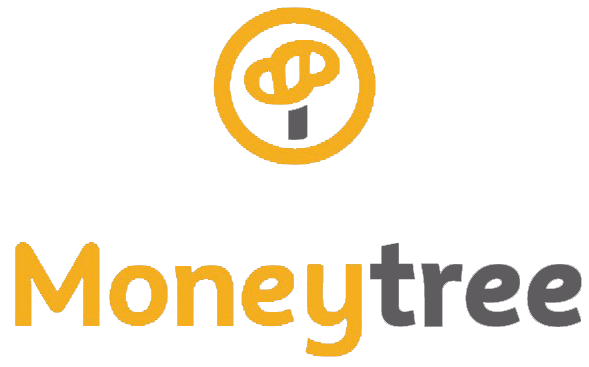Body
Mortgages are loans which are intended to help buyers purchase residential property. When you take out a loan, the lender charges interest: the same is true of a mortgage.
A mortgage is a ‘secured’ loan, which means that the loan is secured against the property being purchased until the mortgage is paid off. Sources of residential mortgages include high street banks, building societies, and other types of less well-known financial institutions.
Basic conditions
Mortgage providers follow a set of rules and procedures when deciding whether or not they will agree to provide a mortgage to purchase a residential property. Although different lenders apply different lending criteria, the amount a potential buyer can expect to borrow from a property’s purchase price is determined solely by the mortgage provider’s requirements.
Here are some of the factors lenders take into account when making their decision:
Affordability
Lenders will conduct stress tests to ensure you will be able to afford the loan amount you want in the event that interest rates will rise and repayments become more expensive. This is to prevent a situation where you cannot keep up with mortgage repayments and run the risk of having your home repossessed.
You can also take steps to make sure your mortgage is affordable should unforeseen circumstances arise, such as experiencing a drop in household income. You can do this by borrowing within your means as much as possible. Your adviser can explain affordability tests and the risks during your consultation.
Deposit
Depending on individual circumstances you may be required to provide a deposit. Deposits are used to mitigate the possibility of a purchaser being unable to pay their mortgage in the future, the lender needs reassurance that it can take your home and more easily recover the debt by selling the property. Your deposit also reduces the lender's risk in case the property somewhat declines in value. Reduced risk-taking means lower loan-to-value (LTV) ratios.
Valuation and Survey Fees
Before a lender will grant you a mortgage, it will insist on a valuation to prove the property is worth what you’re paying for it. The size of the valuation fee will vary by lender and property value.
The basic mortgage valuation is for the lender’s benefit so that it feels comfortable lending against the property. You may feel you want to add a survey to the valuation that gives you a report on the general condition of the property.
If you are buying an older property or one in a general state of disrepair, you may choose a full structural survey. This is a thorough survey that examines the structural condition of the property and gives you advice on repairs.
Obtaining comparable examples in the same area and for similar properties will help you obtain a benchmark.
Property type
Some properties such as flats over commercial properties, studio flats, and ex-local authority premises can be viewed as having reduced future attractiveness. As such, some lenders may not offer a mortgage to buy these properties and reduce your lending options.
Listed buildings (e.g. Grade 1, Grade 2) may have restrictions on how you can maintain or alter the property as well as buildings near to it (e.g. garage). Some unlisted properties can also be subject to similar restrictions (e.g. in an area of outstanding natural beauty).
Time frame
Mortgage providers generally have a maximum number of years over which they lend and will set a date when the mortgage must be repaid in full.
Warning Text

YOUR HOME MAY BE REPOSSESSED IF YOU DO NOT KEEP UP REPAYMENTS ON YOUR MORTGAGE.
